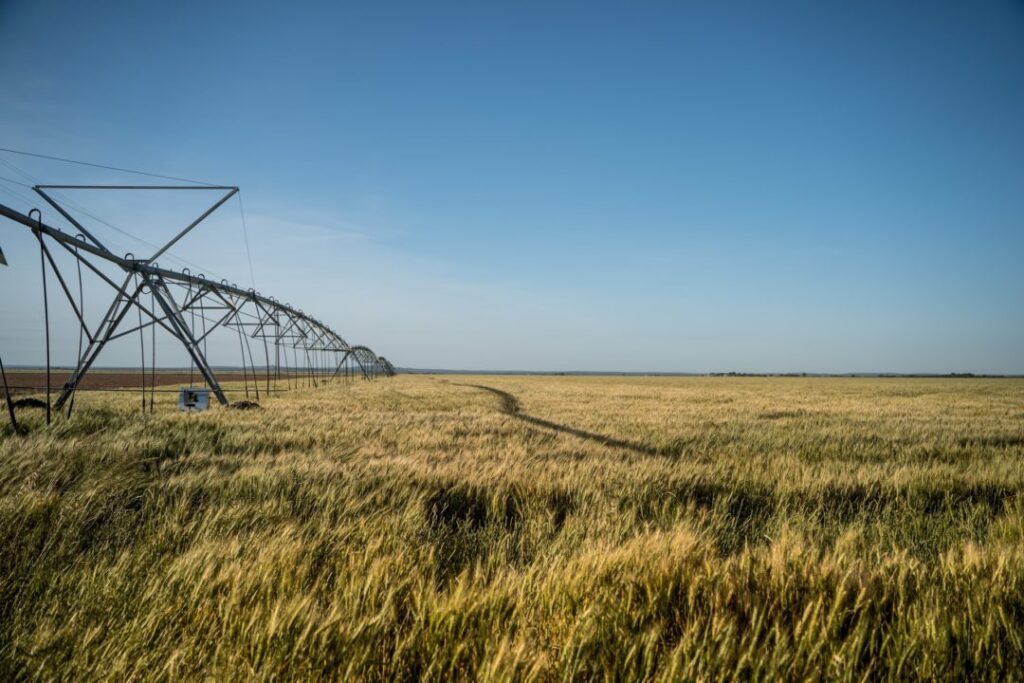Water scarcity is a real problem, and it’s something that the world has been dealing with for a while. With the rapidly changing global climate, this problem doesn’t seem likely to subside any time soon. Though water scarcity impacts every part of our lives, no industry will feel the shortage like agriculture. This is because crop irrigation is responsible for over 70% of all water use in the world.
Clearly, there is an urgent need to modify our irrigation practices so that water use in agriculture becomes more sustainable. Stakeholders have devised many innovative practices to help meet this need. Some water-conserving irrigation techniques have been in use for a long time, while others have been developed more recently. Here are some irrigation practices that you can implement on your farm to protect yourself from water scarcity.
Timing is everything
This is a very simple idea that can work wonders when it comes to saving water. Suppose you irrigate your farms in the morning or the afternoon – by the end of the day, you’ll lose a significant percentage of soil moisture to evaporation. Irrigating your farmland in the night avoids the high temperatures of the day, mitigating the effects of evaporation. This allows the water enough time to filter into the soil overnight and improves soil moisture levels.
Do not over-irrigate
Any good farmer is used to staying ahead of local weather conditions. There is no need to irrigate when you are expecting rainfall. Similarly, if soil moisture levels are already high, irrigating further can cause harm in more ways than one. Irrigating unnecessarily is a waste of water, and can also lead to a variety of plant diseases in your crops. It’s important to take the forecast into account before irrigating!
Use drip irrigation
Drip irrigation systems greatly reduce the amount of water used to irrigate your fields. Since these systems supply water to the roots of the crops, they are very sustainable. Drip irrigation also conserves water by minimising evaporation. It allows the use of recycled water, further reducing total consumption. In addition to saving water, these systems can protect your soil from erosion.
Rainwater harvesting
Rainwater harvesting is a highly effective means to protect oneself from water scarcity. Farmers can establish their own rainwater harvesting structures on their land. Instead of building specific rainwater harvesting structures, farmers can also decide to use the soil cover as a harvesting location. Water harvesting improves groundwater levels and soil moisture content. Higher soil moisture content will further reduce your irrigation requirements and help you save more water.
Implement conservation tillage
If you till your farms the right way, you will save a lot of the water used for irrigation. Conservation tillage helps retain more water in the soil. Shallow-working tillage tools, such as the Kelly Disc Chain, leave crop residue on the soil surface to re-integrate organic matter. This not only enhances water absorption but also minimises the loss of water from the soil through evaporation or soil erosion. Kelly Engineering’s modern tillage products can protect you from water scarcity and help you practice conservation tillage.
We cannot substitute water with another resource, but we can always strive to conserve it more. Putting some extra thought into how we irrigate our fields can contribute immensely to conserving water. Protect yourself from water scarcity by employing the practices shared here and make the future of agriculture more sustainable.


